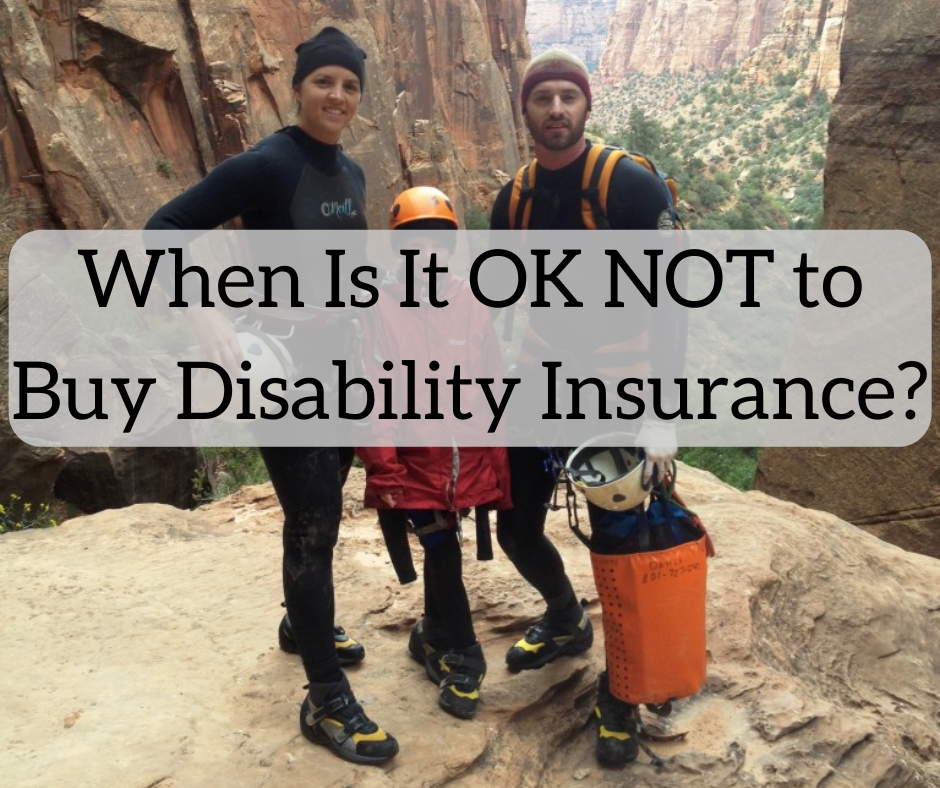- Joined
- Feb 27, 2014
- Messages
- 407
- Reaction score
- 155
The question is actually to broad to accurately answer because we could be talking different specialties, different types of policies and how they consider an insured disabled, if you are meaning permanent that too means something different to carriers and individuals. As an example if you were an anesthesiologist and lost your thumb and index finger on your dominant hand then that would most likely be a permanent disability (depending on the language of your policy) but if you were a psychiatrist it would most likely be a temporary claim. There are just a million scenarios to deal with so pretty hard to say X is the number.I hope @MD Financial Services Scott can provide his company's statistics on permanent disability rates for his physician clients.


